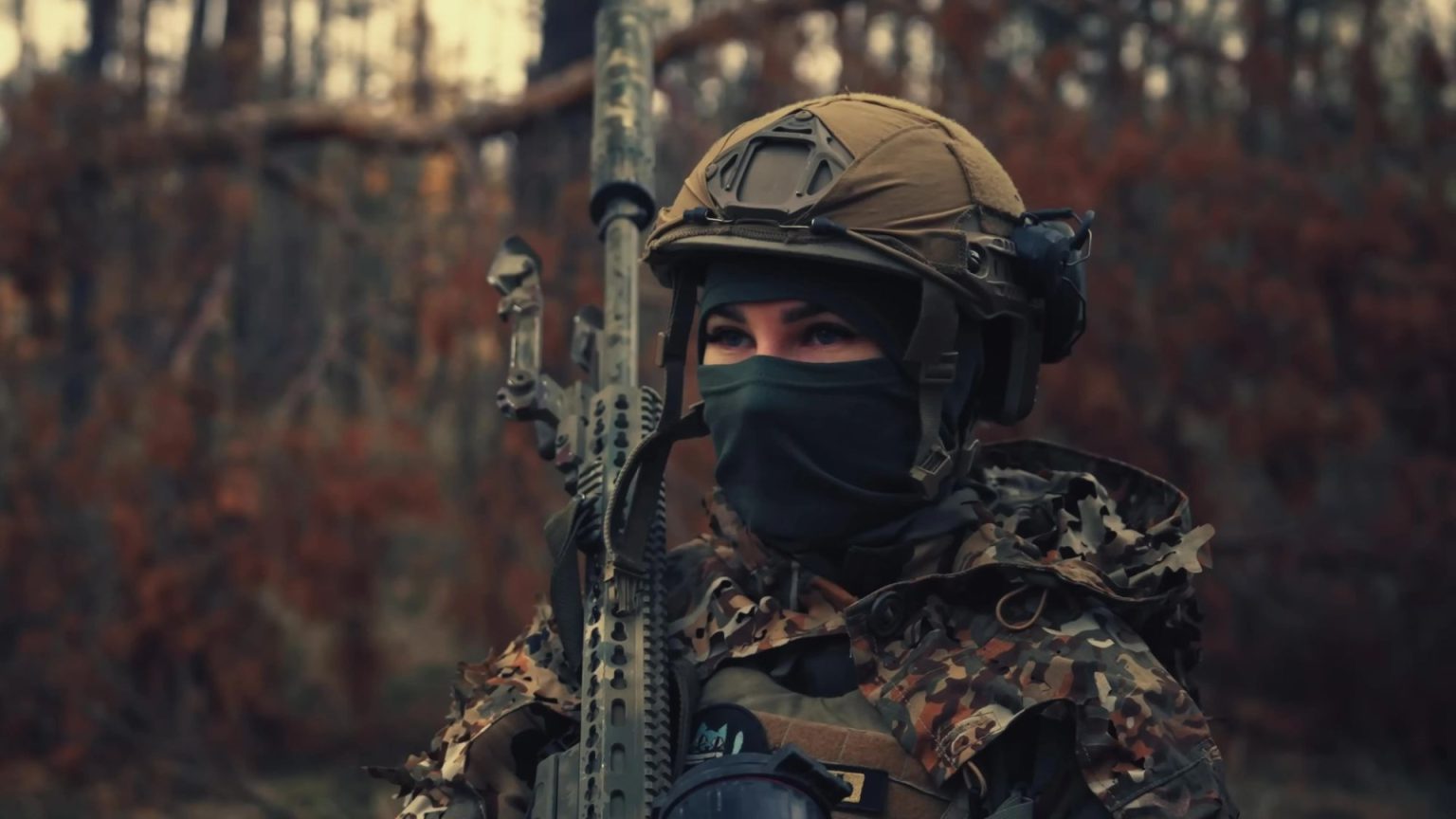Chili, a Ukrainian single mother, has embraced the demanding role of a sniper in the ongoing war against Russia, wielding the formidable Barrett .50 caliber rifle, a weapon favored by elite forces like the SAS and US Navy Seals. Her mission, she states, is not necessarily to kill, but to neutralize the enemy threat, whether through death or incapacitation. This powerful rifle, capable of piercing body armor and disabling light vehicles, provides her with the necessary tool for this grim task. Chili’s journey to the front lines is a stark contrast to her brothers’ decision to flee the country, highlighting her unwavering commitment to defending Ukraine. Prior to the war, she honed her sniping skills through training in both Ukraine and Norway, ultimately joining an all-male frontline gun team.
The reality of war, Chili explains, is far removed from the romanticized depictions often seen in films. Her first mission was fraught with anxiety and uncertainty, a night spent sleepless with worry. However, the experience, though harrowing, proved to be a defining moment. Under fire, with bullets landing mere meters away, Chili discovered an unexpected resilience and a steeliness of nerve that solidified her suitability for this perilous role. She describes the experience as “invigorating” and credits it with revealing her aptitude for the job. The constant threat of enemy drones, infantry, and other dangers demands unwavering vigilance and expert concealment.
Chili acknowledges that snipers are high-value targets for the Russian forces, facing the grim prospect of immediate execution if captured. This knowledge, however, hasn’t deterred her. She has accepted the possibility of death, a stark testament to her commitment to the cause. The psychological toll of war is also a significant concern. Chili contemplates the challenges of returning to a “normal life” after the conflict, expressing uncertainty about her future and a sense of potential displacement outside of the military structure.
The war has created a rift within Chili’s family. Her decision to fight contrasts sharply with her brothers’ choice to leave the country, leading to a complete breakdown in communication. While she remains focused on her duty, the impact on her ten-year-old son weighs heavily on her mind. She maintains contact with him, explaining the necessity of her service, but acknowledges the inherent difficulties of a child comprehending the realities of war. His drawings, depicting his mother with a rifle, serve as both a poignant reminder of his understanding and a source of emotional pain for Chili.
Chili’s motivation is rooted in a deep desire to protect her son from the horrors of war, ensuring a future where he doesn’t have to face the same dangers she now confronts. This maternal instinct fuels her determination to end the conflict swiftly and decisively, preventing its prolongation and the potential for future generations to be drawn into the fighting. Her commitment extends beyond personal concerns to encompass a broader hope for a peaceful future for all Ukrainians.
Chili’s story echoes the legacy of other notable Ukrainian snipers, including Lyudmila Pavlichenko, the deadliest female sniper in history, who earned the moniker “Lady Death” for her remarkable record during World War II. Chili, along with other contemporary Ukrainian snipers like “Charcoal,” embodies the courage and resilience of Ukrainian fighters in the face of adversity. Her story is a testament to the human cost of war, the sacrifices made, and the unwavering determination to defend one’s homeland and secure a better future for the next generation. Her journey is not just a tale of individual bravery but a reflection of the collective spirit of a nation fighting for its survival.











